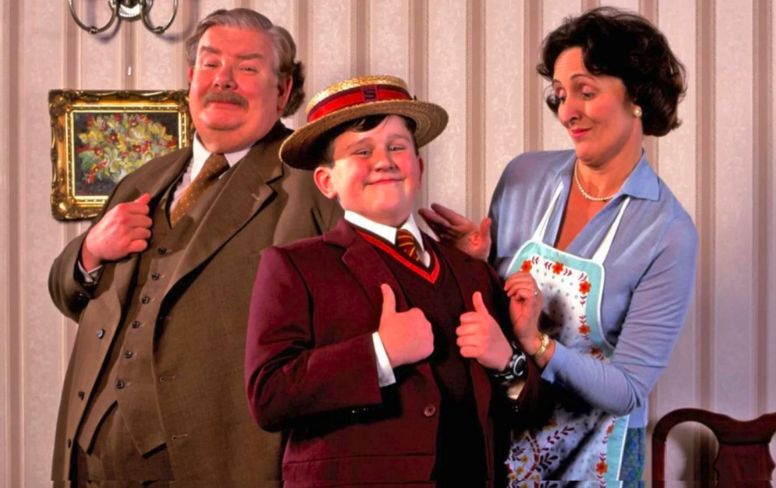Harry and the Dursleys: The Good, the Bad, and the Ugly
January 9, 2020—In Episode 11, Victoria and I explore what Harry’s life could have been if he’d been raised, partially or entirely, by Sirius Black.
But he wasn’t. He was raised (in the loosest sense of the term) by his maternal aunt and uncle, Vernon and Petunia Dursley, alongside their son Dudley. And the whys and wherefores of that decision are a bit fraught but never really explained in the movies. So for those of you who’ve never read the books (or could use a refresher), here’s the Reader’s Digest version.
Side note: I’ve delved into this topic from two different angles in previous blog posts (Dumbledore and Harry’s Horcrux: When did he know? and The Darker Shades of the Wizarding World Heroes), so check those out for some more thoughts on the matter, particularly on Dumbledore’s role in Harry’s life.
How did it happen?
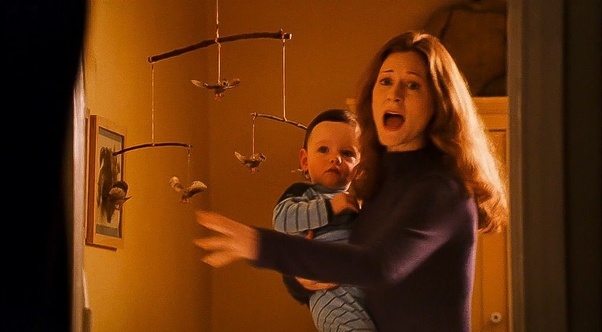
When Voldemort attacks Harry when he is only 18 months of age, Harry becomes the first person ever to survive the Killing Curse. This is made possible by the knowing and deliberate sacrifice his mother makes when she’s given the chance to live but allows herself to be killed to shield her child.
The protection her heroism creates for her son is enough to deflect the Killing Curse in the moment but apparently limited in the long term. But Dumbledore sees the magic at work and knows of a way to strengthen and/or lengthen the protection over the boy.
The ritual(?) that Dumbledore performs requires Harry to live with his mother’s blood relatives. How and when Dumbledore manages to gain control over Harry’s placement and perform the necessary magic is unclear (see the above previous posts), but manage it he does. Thus, Harry joins the Dursley household.
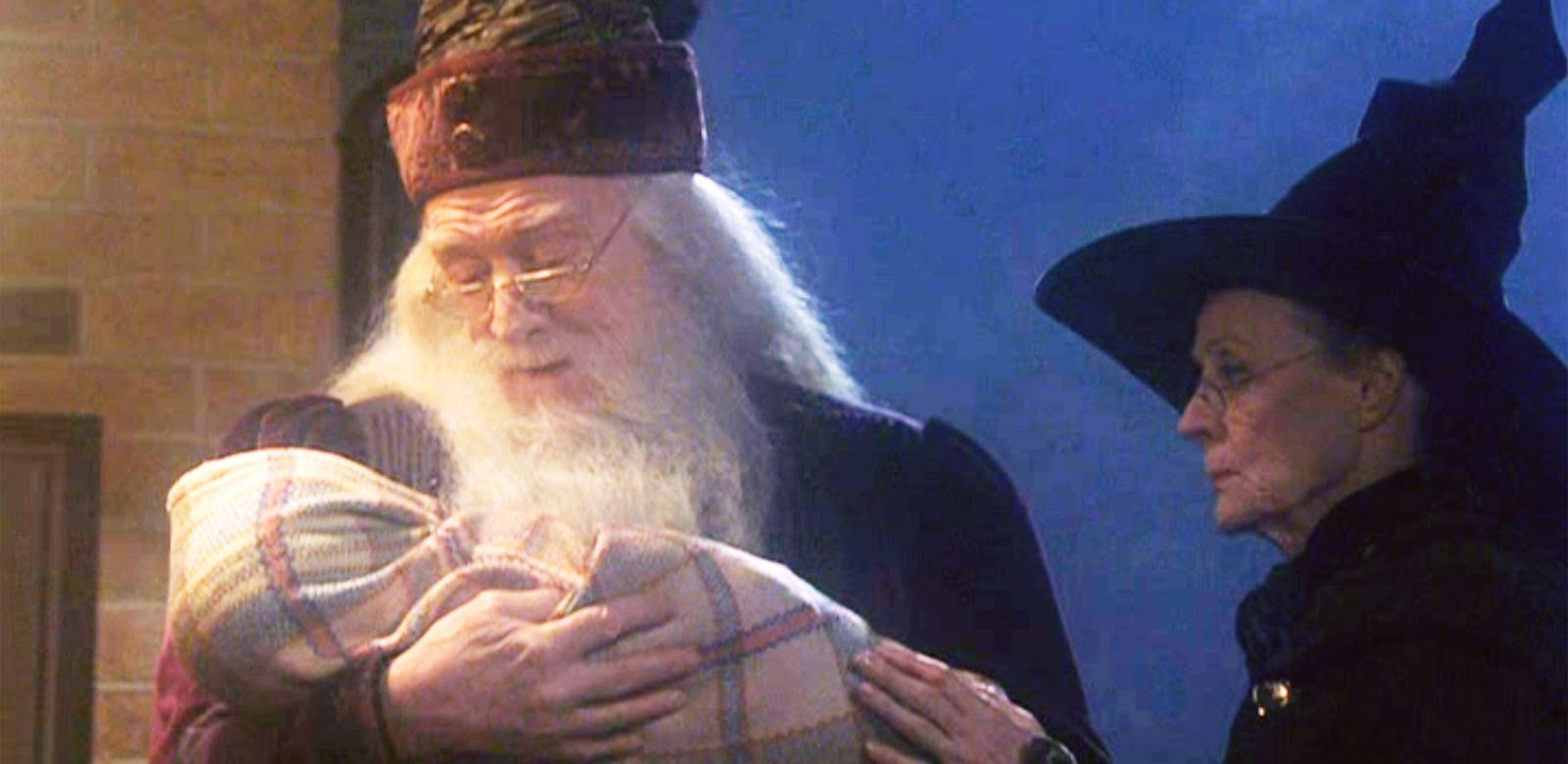
Why does Dumbledore think it necessary?
There are several reasons that Harry’s placement with the Dursleys is the logical choice:
- He has no other relatives to take him in. When James Potter dies, Harry becomes the last of the Potter line. As Lily Potter’s parents are also deceased by this point and she had no other siblings, Harry has no other family members able to care for him.
- The protective magic can only work if Harry has his primary residence with Petunia Dursley. (Whether it would have worked with only her son Dudley in residence is unclear but moot.)
- The protective magic itself is incredibly effective, not just during Harry’s early childhood but really until the end of the war. It hides his location from those wishing him harm, causes severe pain to those who attack him directly, and eventually enables him to survive a second Killing Curse, almost 17 years after the initial event.
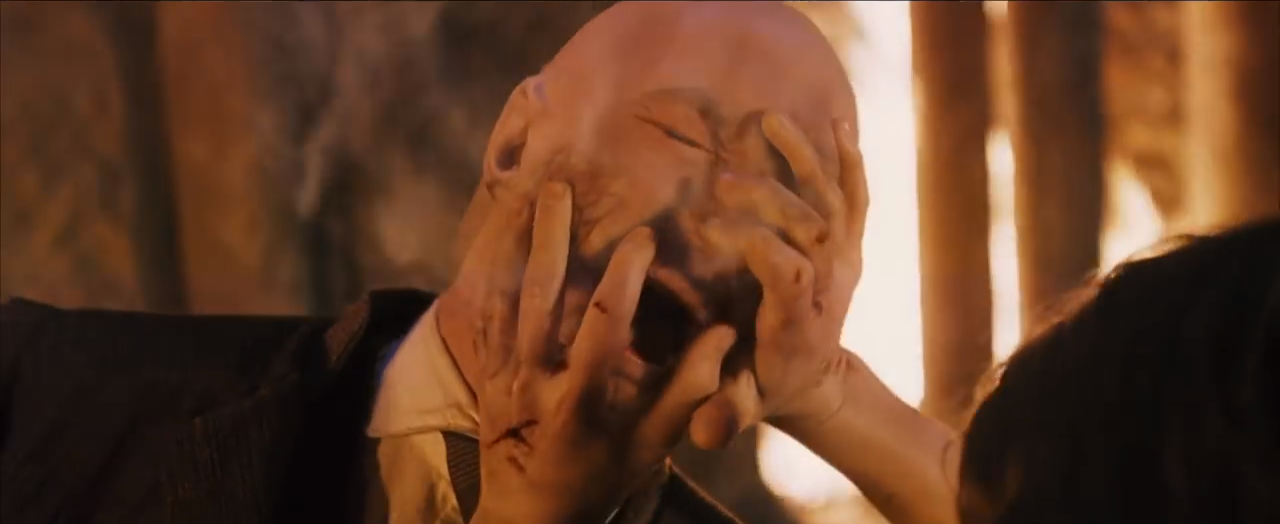
- Other ways of keeping Harry safe would have likely required his movements and interactions to be heavily restricted and monitored. Just think of how Harry lives at the beginning of Deathly Hallows, after the protection is broken but before the fall of the Ministry: being secretly shuffled from one secure location to another, unable to venture anywhere without guards, attending even important events in disguise. A childhood spent in such a way would have been a miserable one.
- Apart from any magical considerations, Harry’s growing up in the Muggle world protects him from his own fame. Overnight, he becomes a household name, nationally and internationally. In such an environment and under such scrutiny, he could grow up into an unapologetically arrogant person or be crippled under the pressure he faces. A childhood in the Muggle world shields him from being overly influenced by his own legend.
Why do others think it’s a bad idea?
While all this looks well and good on paper, it doesn’t take into account the Dursleys’ personalities and actions, which are objectively abhorrent.
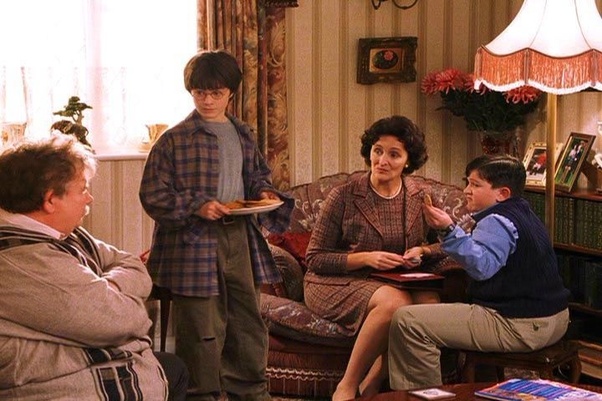
- Harry is subjected to physical and emotional abuse on a daily basis. They force him to sleep in a cupboard. They deny him food, affection, and material possessions while wildly overindulging their son. They assign him chores far too numerous and difficult for a reasonable person to expect of a child his age. They refuse to call him by his name, using “Boy” instead for the most part, and they attack him verbally and sometimes physically at any mention of “magic.”
- While it’s true that alternative safety measures could be stifling for a child, there are other ways to keep him safe. Would a life without Lily Potter’s protection, practically in hiding from fans and foes alike, have been a difficult one? Perhaps. But would it have been any more difficult than one spent under the Dursleys’ roof? Probably not. In fact, a home with loving, supportive, and nurturing parental figures would likely more than make up for the stress of being secreted away.
- Life with the Dursleys could break the spirit of a different child. If Harry’s personality were different — less stubborn, less proud, more emotionally dependent — he could have arrived at Hogwarts a timid, beaten down shadow of his potential self. Exhibit A: Neville Longbottom.
- Harry could have become an Obscurial. I’ve touched on this before, but the potential consequences of suppressing a child’s magic are catastrophic: It can burst out in the form of an uncontrollable parasitic force that destroys everything in its path and kills the child at a young age in most cases. Harry’s magic-hating relatives work hard to “stamp it out of him” at every opportunity, so it’s mostly dumb luck that Harry is a functional wizard when he gets to Hogwarts.
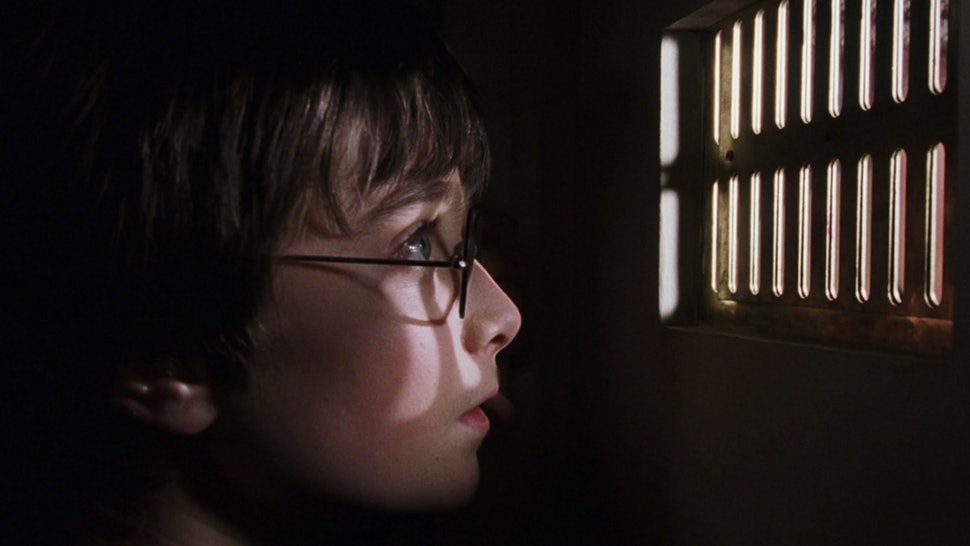
So what do you think? Was Harry’s placement with the Dursleys justified, or was Dumbledore wrong in choosing them as his caretakers?

